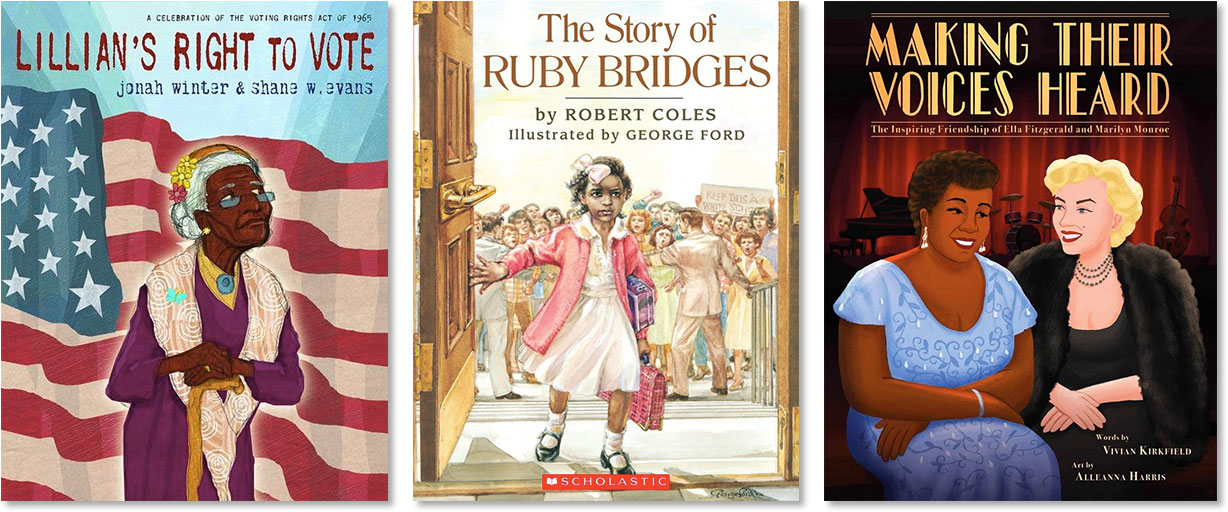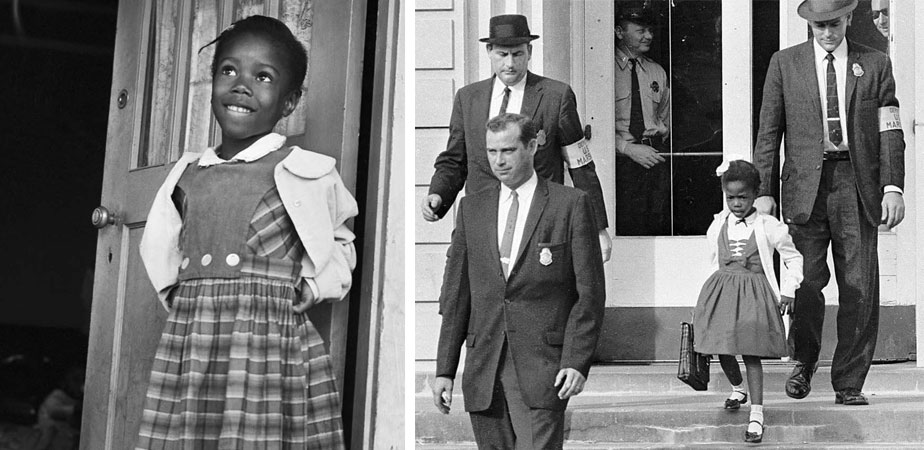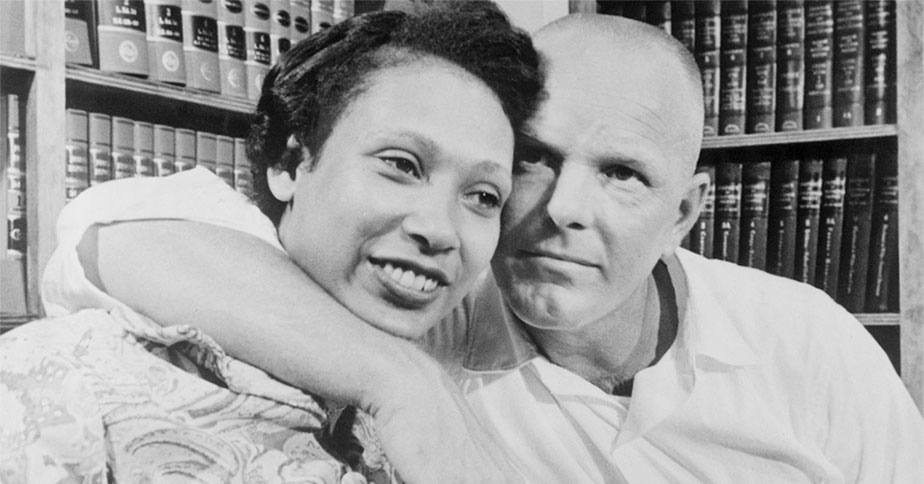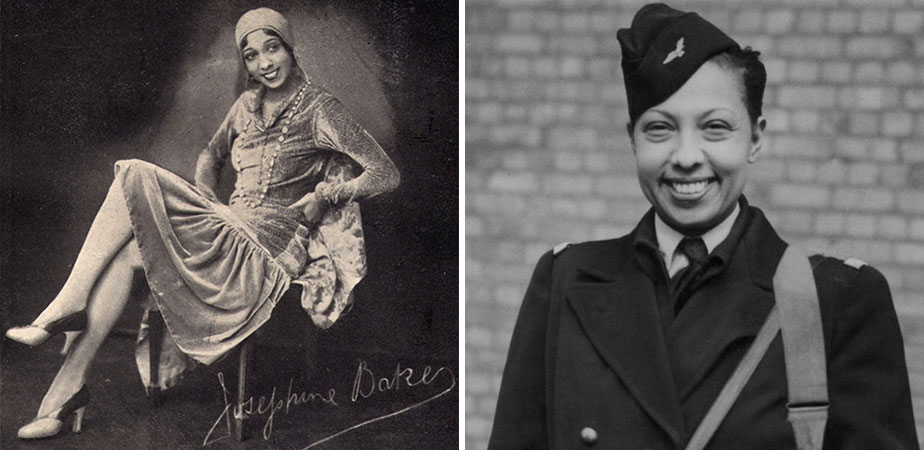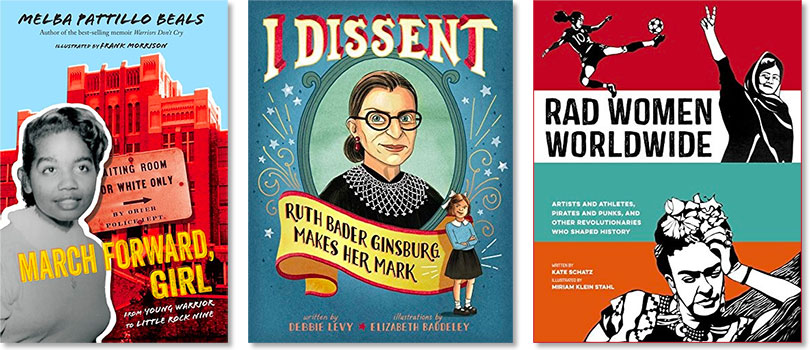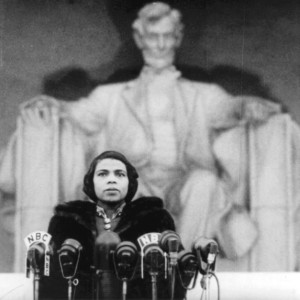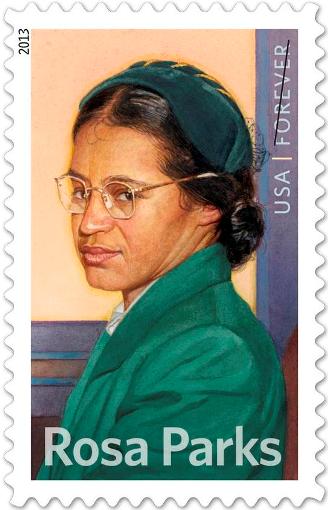Dorothy Height was the "the only woman at the highest level of the Civil Rights Movement," though her contributions are largely unknown today.
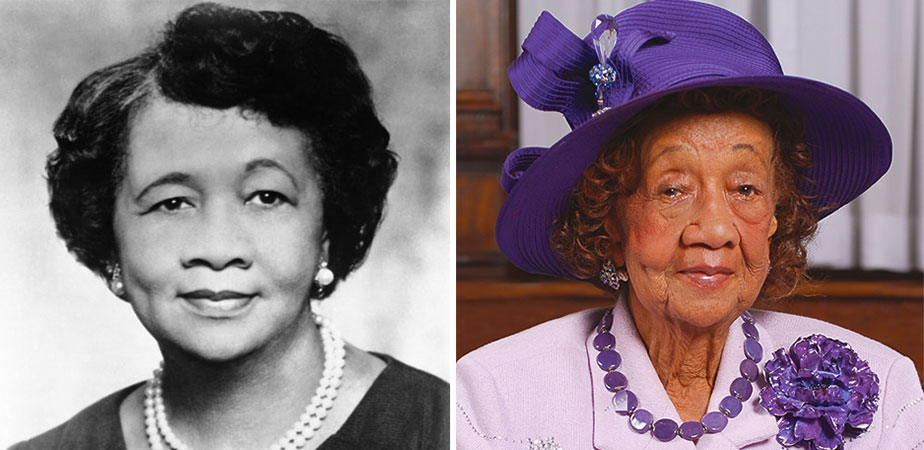 When Dorothy Height showed up at Barnard College in 1929 with her admission letter in hand, she was told by a college dean that they had already reached their quota of "two Negro students per year." Height, who had just graduated with honors from an integrated high school in Rankin, Pennsylvania, says that she was crushed, recalling, “I couldn’t eat, I couldn’t sleep for days." Unwilling to defer her dreams, she visited New York University with her Barnard acceptance letter and they admitted her on the spot. It was this determination that would drive Height through the following decades as she became, as President Barack Obama observed, "the only woman at the highest level of the Civil Rights Movement — witnessing every march and milestone along the way." Continue reading Continue reading
When Dorothy Height showed up at Barnard College in 1929 with her admission letter in hand, she was told by a college dean that they had already reached their quota of "two Negro students per year." Height, who had just graduated with honors from an integrated high school in Rankin, Pennsylvania, says that she was crushed, recalling, “I couldn’t eat, I couldn’t sleep for days." Unwilling to defer her dreams, she visited New York University with her Barnard acceptance letter and they admitted her on the spot. It was this determination that would drive Height through the following decades as she became, as President Barack Obama observed, "the only woman at the highest level of the Civil Rights Movement — witnessing every march and milestone along the way." Continue reading Continue reading









